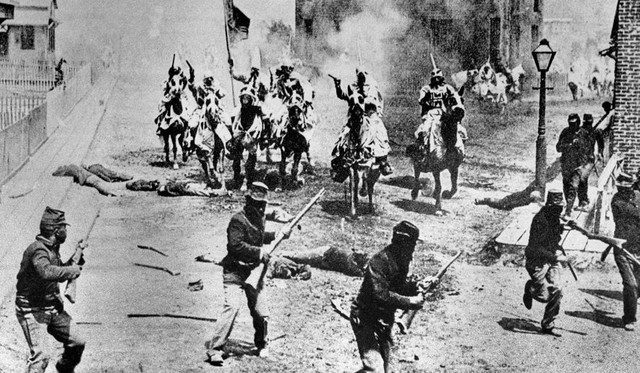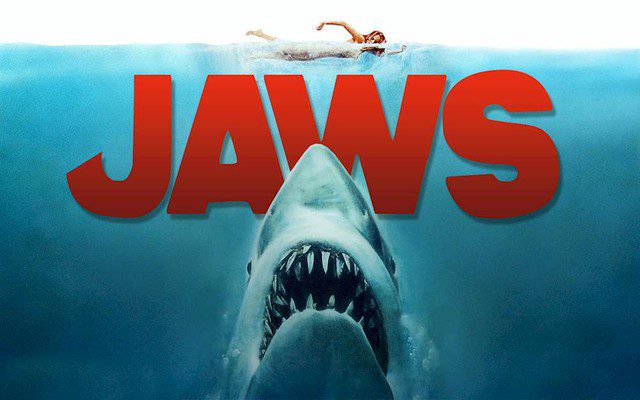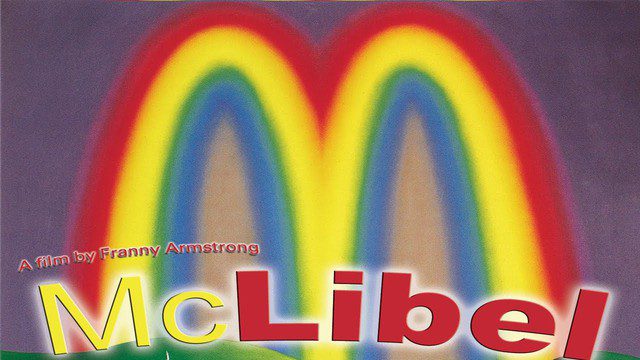1) The Birth of a Nation (1915)
The Birth of a Nation is arguably the most impactful film in American society during the early decades of the 20th century. Its controversial themes have sparked significant debate, often leaning towards negative and divisive interpretations.
This film, directed by D.W. Griffith, exploits racial tensions that were prevalent during the Civil War era in America. While it revolutionized filmmaking techniques, such as grand battle scenes and innovative framing, its societal implications were far from commendable. The film openly portrayed racial discrimination, depicting African Americans in a derogatory manner while glorifying the Ku Klux Klan. Consequently, its impact has contributed to ongoing racial violence and deep-rooted societal issues in the United States.
2) A Short Film About Killing (1988)
Regarded as a Polish cinematic legend, A Short Film About Killing serves as a poignant commentary on society, reflecting the harsh realities of life for a marginalized segment of the Polish population during the 1980s.
The film follows a young man named Jacek, who travels from his rural hometown to the city, disillusioned and aimless. He hitches a taxi and subsequently murders the driver. A year later, Jacek is put on trial. Despite the lawyer Piotr’s best efforts to defend him, the jury ultimately convicts him for his crime.
In the final moments of the film, Jacek reveals to Piotr that he once had a peaceful and happy life. However, after a fateful night of drinking with a friend, where that friend drunkenly ran over Jacek’s sister, his life spiraled into chaos. This pivotal event led Jacek to leave his hometown for the city, but he could never escape the emotional turmoil that consumed him. These unresolved feelings ultimately led him down a dark path of crime. Had that initial tragedy not occurred, Jacek’s life might have unfolded quite differently.
After its release, the film evoked strong emotional responses and reflections among its audience. Ultimately, its impact has contributed to the discourse surrounding capital punishment in Poland.
3) Jaws (1975)
Before Jaws, the summer season in Hollywood was often referred to as a “dead zone,” a time when studios released films nobody wanted to watch, resulting in minimal box office returns. All of that changed on June 20, 1975, when Spielberg’s shark thriller premiered in 409 theaters across the United States. With a marketing budget of $700,000, Jaws quickly became a cultural phenomenon and won three Academy Awards in 1976.
While the aforementioned films significantly affected cultural and social narratives, Jaws emerged as a cornerstone in the global film industry. This film opened the floodgates for future blockbuster films, setting new standards for the summer movie season.
4) McLibel (2005)
The documentary McLibel, released in 2005, provided audiences with an in-depth and authentic perspective on the legal battle waged by a small group of activists against McDonald’s, the fast-food giant, during the late 1990s. The film follows a group of 180 individuals who collectively filed a lawsuit against McDonald’s for its unethical practices, including the use of harmful ingredients, exploitation of workers, animal cruelty, and environmental pollution.
Despite the court ultimately ruling in favor of McDonald’s, the film garnered significant attention and raised awareness about the fast-food industry’s practices globally. It also contributed to changing public perceptions about corporate responsibility and the darker aspects of fast-food production.




















